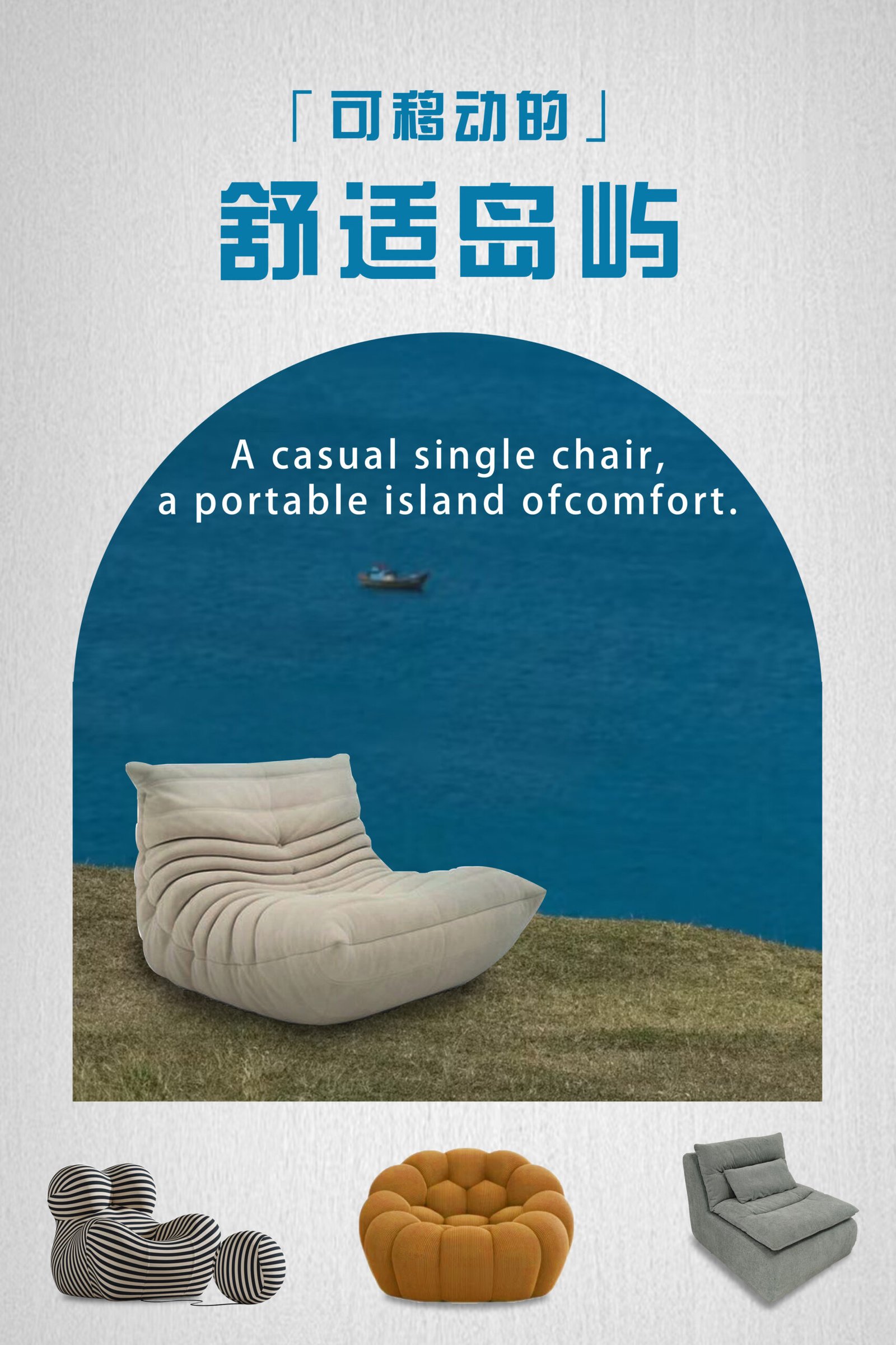
Your sofa arrives late, won’t decompress properly, or has a tear—what happens next matters more than the problem itself.
Compressed sofa suppliers handle after-sales service through clear warranty policies, responsive customer support, easy returns, and ongoing improvements based on customer feedback.
A good product gets you a sale. A good service gets you a customer for life.
Why is after-sales service so important in the compressed sofa industry?
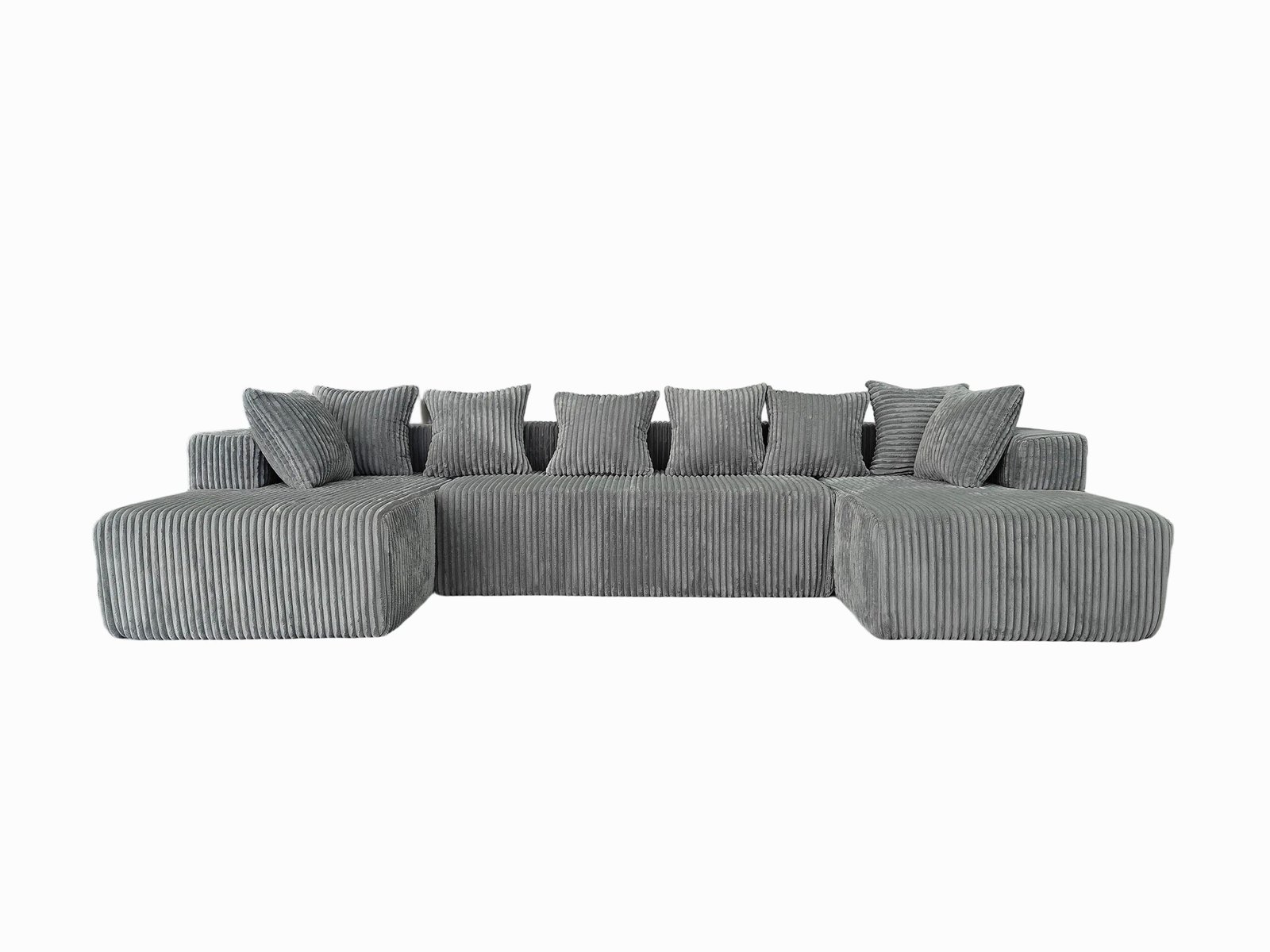
The sale isn’t over when the sofa ships—it starts when it’s unboxed.
Compressed sofas face unique post-sale risks like compression failure, shipping damage, or unclear assembly. That’s why fast, friendly, and effective support is critical.
Unlike traditional sofas, compressed models involve:
- Unpacking and decompression
- DIY assembly
- Packaging disposal
- Unexpected recovery times
All of these are points where frustration can build—or be relieved with good service.
What common issues do customers face?

Even the best factories can’t control every delivery truck.
Suppliers typically deal with these common problems:
| Issue Type | Example Problems |
|---|---|
| Shipping Damage | Torn fabric, bent frame, wet packaging |
| Assembly Complaints | Missing tools, unclear instructions |
| Compression Defects | Foam doesn't fully expand, uneven cushions |
| Functionality Issues | Loose arms, reclining not working |
| Wrong Product Shipped | Wrong size, color, or orientation |
At HSM, we found 90% of complaints fall into just 5 categories—and most can be solved in under 24 hours if handled quickly.
What support channels do suppliers offer?

Different customers prefer different tools—so good suppliers offer many.
Most suppliers provide 3 to 5 support options for convenience and speed.
Most common support channels:
| Channel | Best For |
|---|---|
| Phone Support | Urgent issues, older buyers |
| Email Support | Proof-based complaints (photos/videos) |
| Live Chat | Quick assembly help |
| WhatsApp/WeChat | International B2B and real-time help |
| Social Media | Public reputation management |
We recommend using email or chat for warranty claims and WeChat for faster China-based coordination.
Many modern suppliers also include QR codes in the packaging that direct to manuals, setup videos, or live agents.
What do warranty and guarantees usually cover?
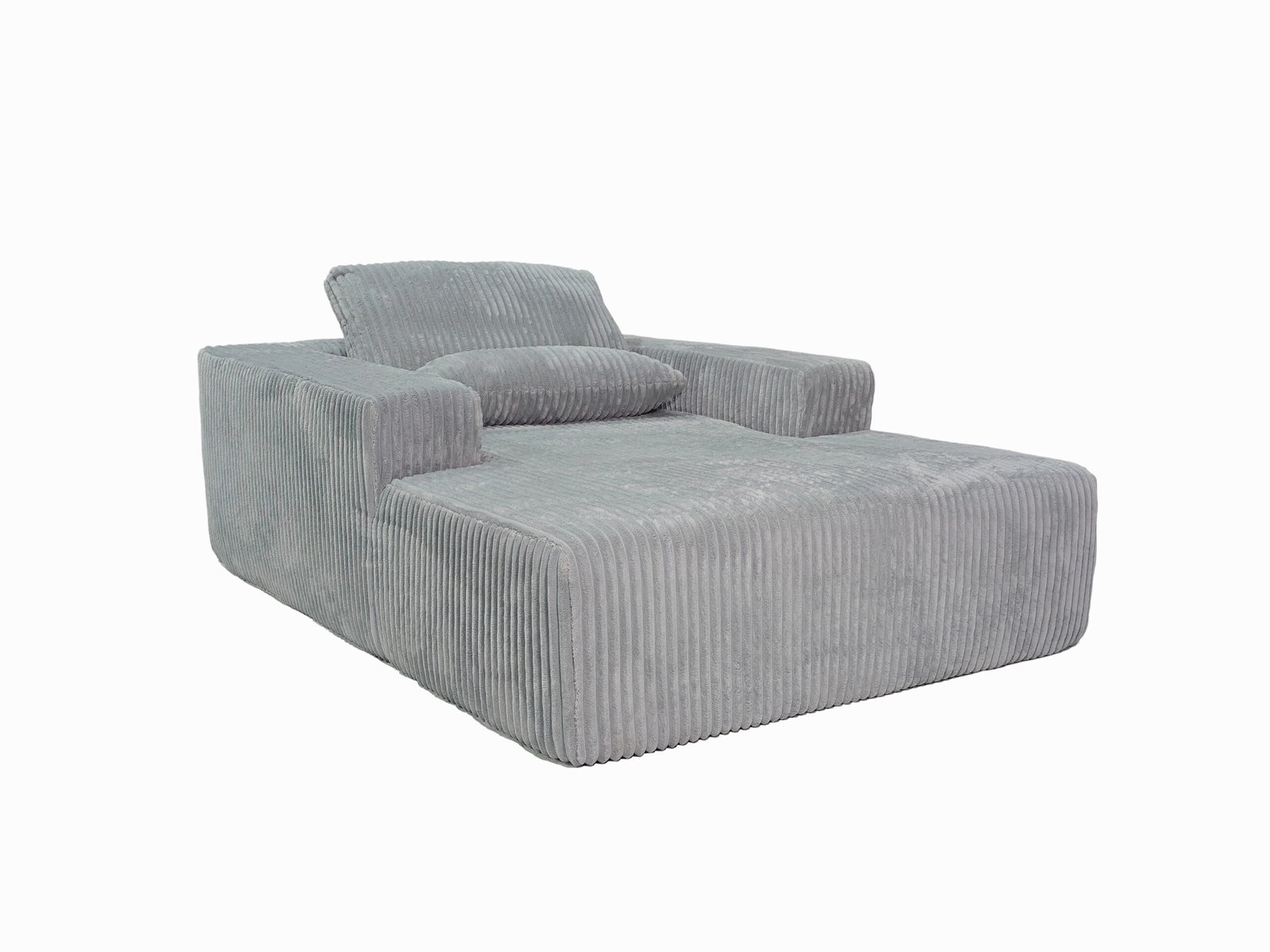
Buyers want peace of mind—especially with something they haven’t sat on yet.
Most compressed sofa suppliers offer 1–3 year warranties covering manufacturing defects and structural failures.
Typical warranty coverage includes:
- Frame integrity (1–5 years)
- Foam recovery issues (up to 1 year)
- Stitching or upholstery defects (6–12 months)
- Functional mechanisms (recliners, adjustable arms)
What’s not covered:
- Damage from misuse or bad assembly
- Exposure to moisture or sunlight
- Pet scratches, stains, or wear from heavy use
Always provide a written or digital warranty card and make the terms clear in advance.
How do returns and exchanges work?
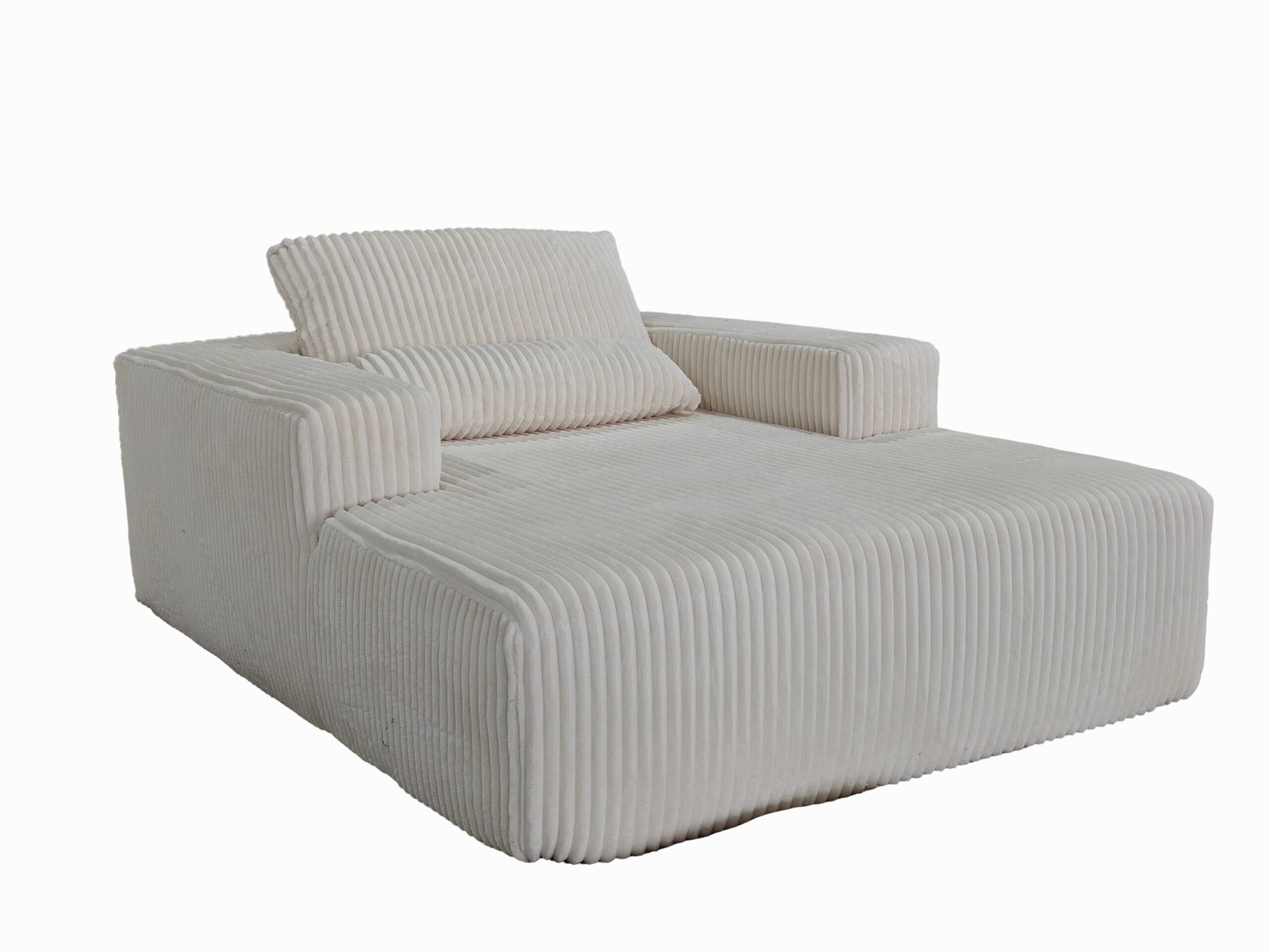
Returns are tricky when the product doesn’t fit back in the box.
Suppliers often offer 7–30 day return windows for unopened or lightly used sofas—but with special logistics steps.
At HSM, we usually handle returns like this:
- Customer sends photos of defect or issue
- CS team confirms with production
- Options offered:
- Free replacement part
- Refund or credit
- Full replacement in major defects
- Pickup or disposal arranged depending on size, location, and warehouse access
Some suppliers offer “partial replacements”—like sending a new armrest or seat section instead of the full unit.
Do suppliers offer repair services or spare parts?
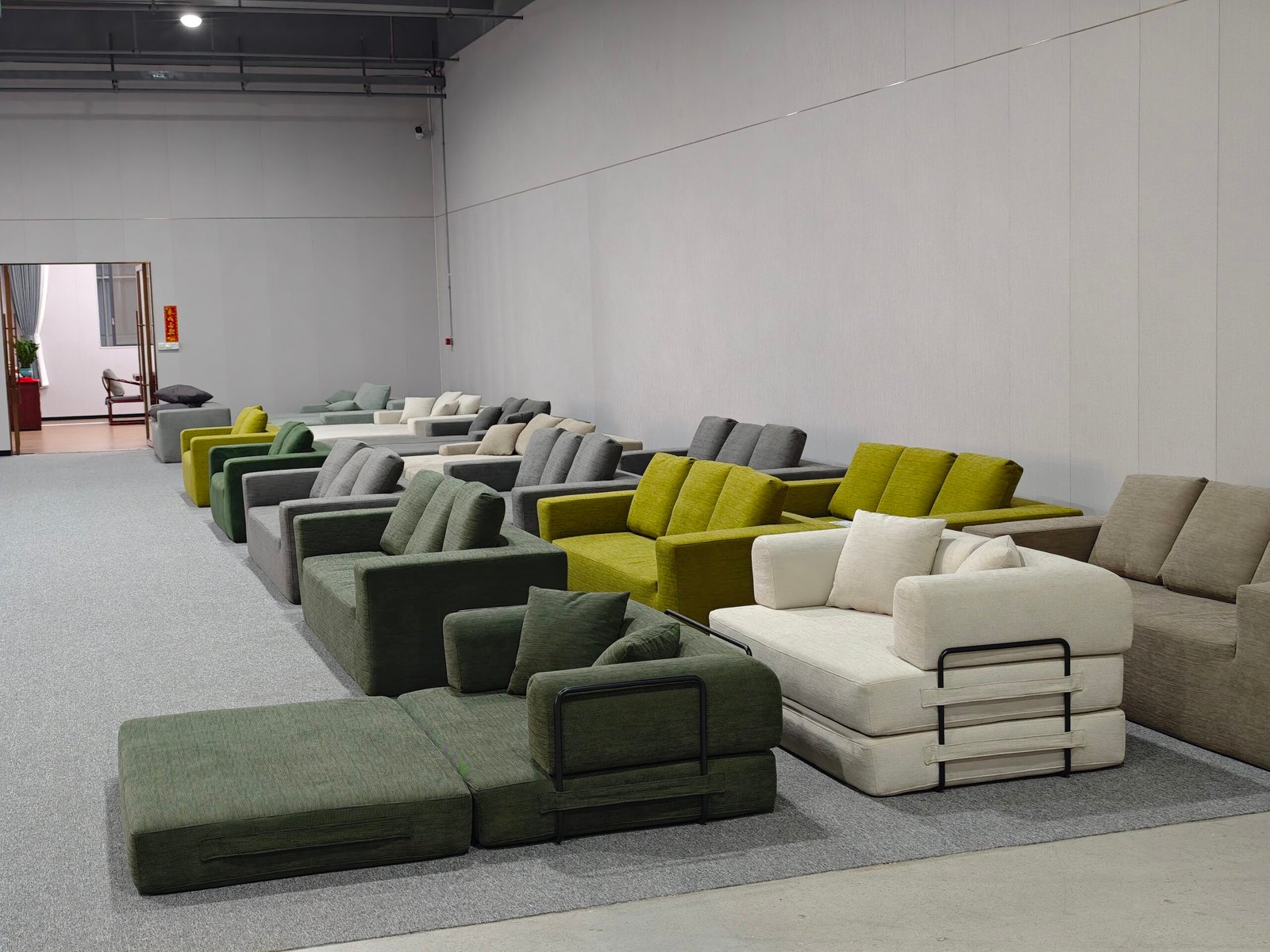
Sometimes you don’t need a refund—you just need a fix.
Good suppliers keep extra parts in stock: legs, covers, arms, foam blocks, and tools.
What’s commonly replaceable?
| Part Type | Availability |
|---|---|
| Removable Covers | Common |
| Cushion Foam | On request |
| Sofa Legs | Always stocked |
| Recliner Handles | Limited models |
Offering low-cost or free spare parts can reduce return rates and improve satisfaction.
How is customer feedback used to improve service?
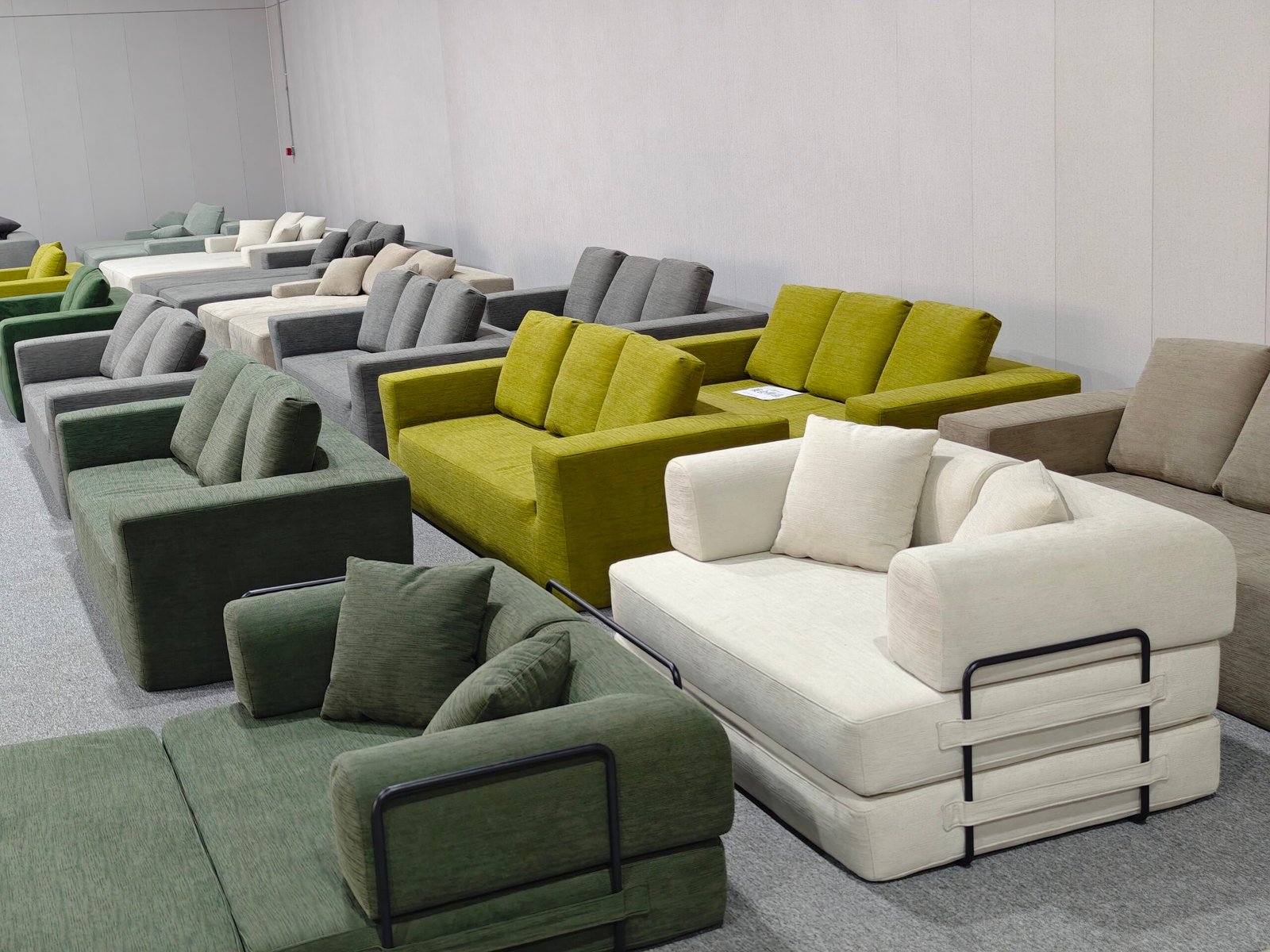
Every complaint is a blueprint for improvement.
Suppliers use reviews, return data, and surveys to refine design, packaging, and service SOPs.
What we track monthly:
- Return rate by model
- Most frequent defect codes
- Most helpful reviews (positive + negative)
- CS resolution time
- CSAT score (Customer Satisfaction Score)
If we see repeat feedback—like “foam too firm” or “arm too short”—it becomes an R&D priority.
What does great after-sales service look like?
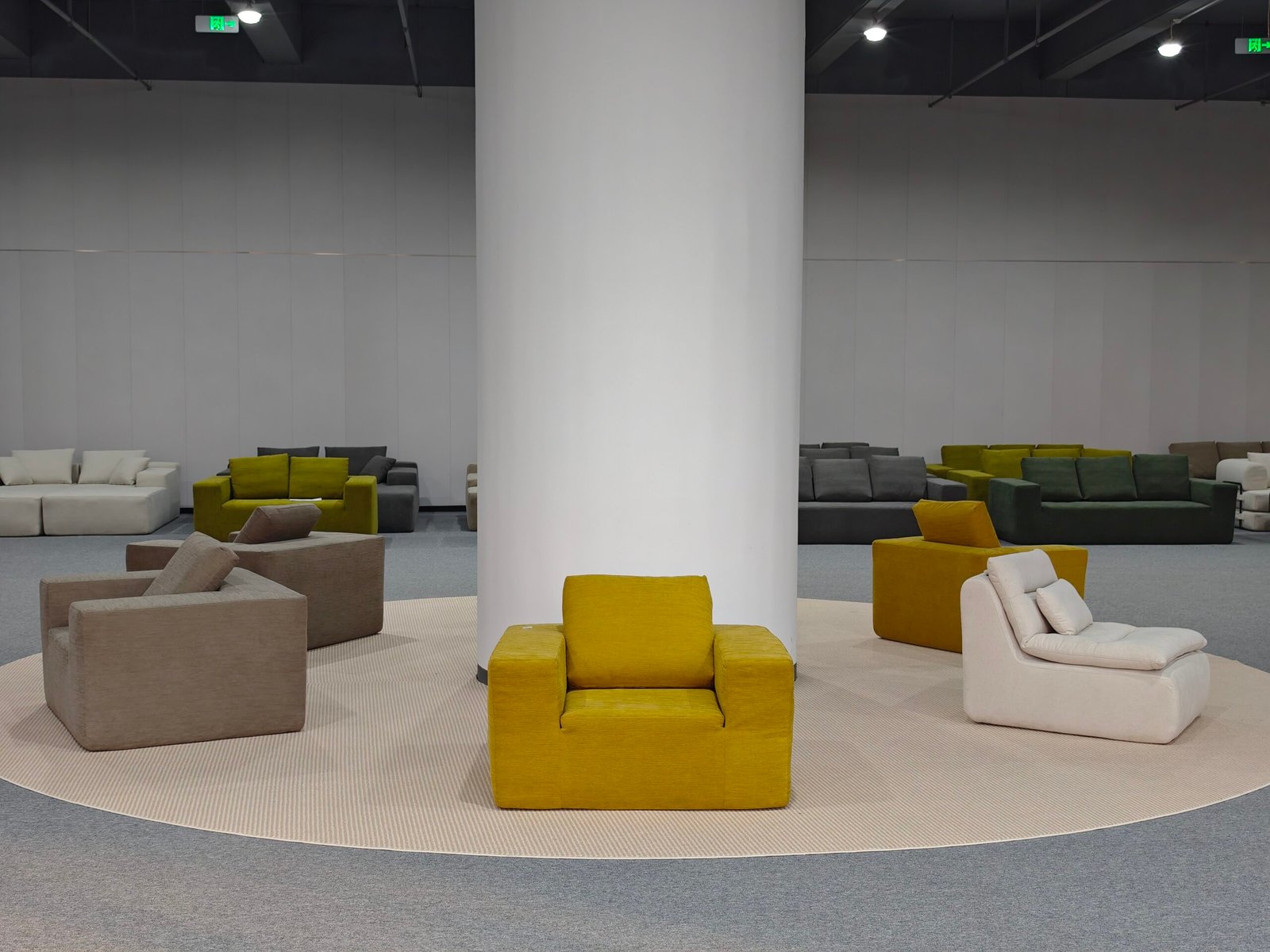
It’s not about solving problems—it’s about how fast and how well you solve them.
Best-in-class suppliers:
- Respond within 12–24 hours
- Offer clear, friendly solutions
- Follow up after resolution
- Improve based on patterns
Example:
A US Amazon buyer complained their sofa didn't decompress evenly.
We shipped a new seat cushion in 3 days, added a sticker to that model's box warning about cold-room expansion issues, and made a new setup video.
Result? That customer updated their 1-star review to 5 stars.
Conclusion
In the compressed sofa industry, after-sales service is just as important as design or delivery. Responsive support, fair warranties, and constant feedback loops are how top suppliers turn one-time buyers into long-term fans.